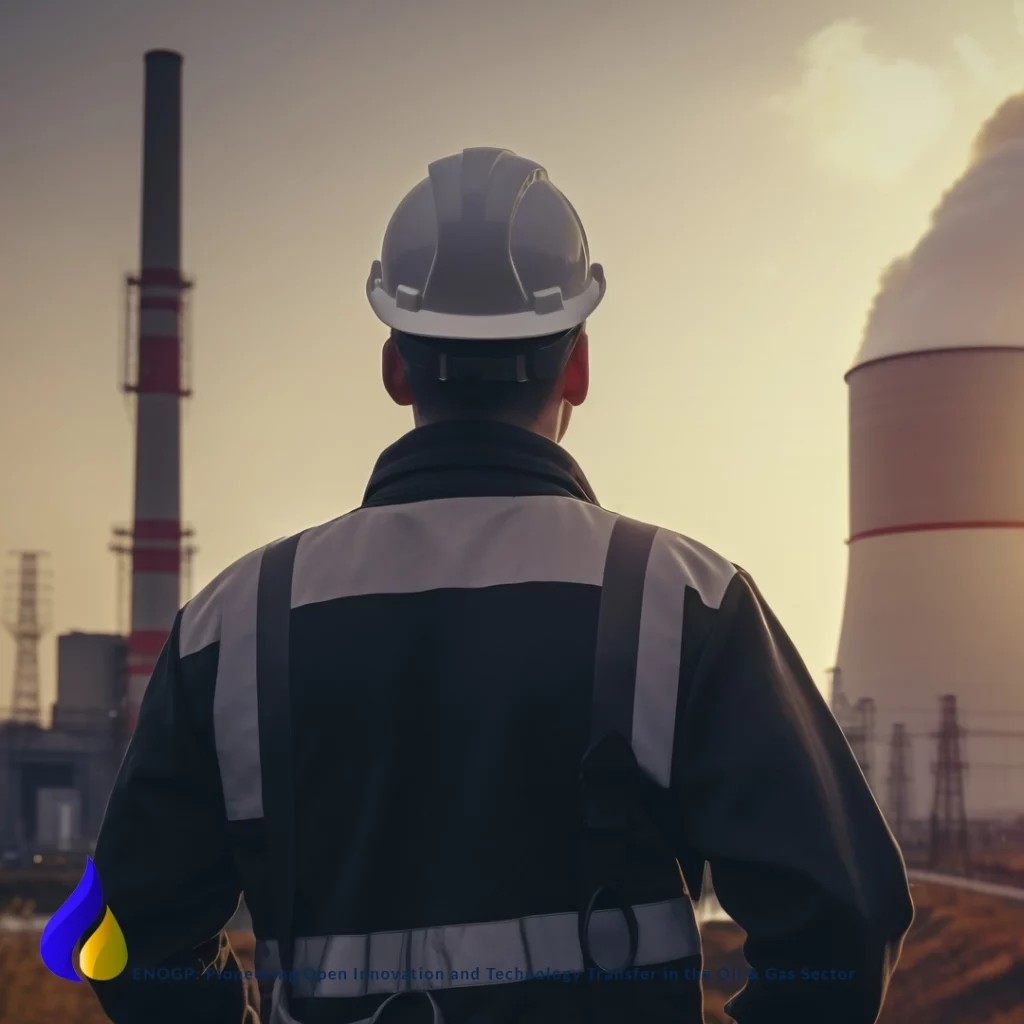Petrochemicals Evolving
The petrochemical industry has been the hidden engine behind global economic development for over a century. From plastics and fertilizers to electronics and textiles, petrochemicals make things happen. As we step into a new era defined by energy transition, digital transformation, and sustainability pressures, the role of petrochemicals is once again under the spotlight. The next decade will be decisive for the future of petrochemicals—not only in terms of growth but also in how the sector aligns with global environmental and economic shifts.
This article explores how petrochemicals are expected to evolve over the next 10 years, focusing on global dynamics, innovation, and regional challenges with a special look at petrochemicals in Europe, a region at the forefront of climate policy.
The Role of Petrochemicals in a Changing World
Petrochemicals are essential to modern life. Nearly every product we use—from clothing and construction materials to medical devices and packaging—depends on them. As global population grows and middle-class consumption rises, particularly in Asia and Africa, demand for petrochemical products is expected to increase. However, this demand surge comes at a time when the world is also pushing for reduced carbon emissions and circular economy principles.
Why Petrochemicals Make Things Happen
The phrase “petrochemicals make things happen” captures the essence of the industry’s impact. Unlike fuels that are burned, petrochemicals are used as feedstock to create durable goods. This distinction is critical. Petrochemical derivatives, such as ethylene, propylene, and benzene, serve as building blocks for thousands of products that drive healthcare, agriculture, mobility, and technology.
Forecasting the Petrochemical Market: 2025–2035
1. Global Market Outlook
According to recent market analysis, the global petrochemical market is projected to reach over $1.2 trillion by 2035, up from approximately $600 billion in 2020. This growth will be driven by:
-
Expansion of end-user industries (automotive, electronics, construction)
-
Urbanization and consumerism in emerging economies
-
New applications in renewable energy (e.g., solar panel films, wind turbine blades)
However, the growth will be uneven across regions and product segments. While demand for polymers will remain strong, traditional petrochemicals used in fuels may face stagnation or decline.
2. Regional Focus: Petrochemicals in Europe
Petrochemicals Europe is undergoing a structural shift. Europe’s strict climate policies, rising energy costs, and push for green innovation make it both a challenging and inspiring landscape for the petrochemical sector.
Key trends in the European market include:
-
Decarbonization goals: The EU Green Deal and “Fit for 55” package aim to reduce greenhouse gas emissions by 55% by 2030, directly impacting production processes.
-
Feedstock transformation: Shifting from naphtha to bio-based or recycled feedstocks is gaining momentum.
-
Technology adoption: European companies are investing in electrified crackers, carbon capture, and digitalization.
Despite these efforts, Europe may face challenges from global competition, particularly from the Middle East and Asia, where feedstock and energy costs are lower.
Key Forces Shaping the Future of Petrochemicals
1. Sustainability and Circular Economy
The traditional “take-make-dispose” model is no longer viable. Consumers and regulators are demanding accountability in production, usage, and waste management.
In response, companies are adopting:
-
Mechanical and chemical recycling: Turning plastic waste back into feedstock.
-
Bio-based alternatives: Using organic material (like sugarcane) as input instead of fossil fuels.
-
Closed-loop systems: Designing products for recyclability and reusability.
2. Technological Innovation
The next decade will witness transformative innovation in petrochemicals:
-
AI and machine learning for predictive maintenance and yield optimization
-
Digital twins for simulating and improving plant operations
-
Green chemistry to develop cleaner synthesis routes
These innovations will not only improve efficiency but also significantly reduce emissions and waste.
3. Energy Transition
As the world moves away from fossil fuels, the petrochemical sector is facing a paradox. On one hand, decarbonization may reduce overall oil and gas demand; on the other hand, petrochemical products will still be needed in renewable technologies and daily applications.
This “dual identity” positions the sector at the core of the energy transition. Forward-thinking petrochemical companies will diversify their portfolios to include:
-
Hydrogen
-
Carbon capture and utilization
-
Bio-based chemicals
Challenges Ahead
While opportunities abound, the next decade will also bring major challenges:
-
Regulatory pressure: Governments are tightening environmental standards, especially in Europe and North America.
-
Public perception: The industry is often associated with plastic pollution and climate change.
-
Supply chain disruption: Geopolitical tensions, trade wars, and pandemics have shown the fragility of global supply chains.
-
Investment risks: Capital investment in new capacity must now balance economic return with ESG (Environmental, Social, Governance) metrics.
Companies that fail to evolve may find themselves obsolete by 2035.
Opportunities for Industry Players
The changing landscape opens the door to innovation, partnerships, and market leadership:
-
Startups in bio-based materials and green chemistry can collaborate with large players.
-
R&D centers will play a pivotal role in shaping the low-carbon future of petrochemicals.
-
Investors are now favoring companies with strong ESG strategies and circular models.
Furthermore, digital transformation—using data analytics, IoT, and cloud computing—will unlock new levels of operational excellence across the value chain.
A Vision for the Future of Petrochemicals
By 2035, we can expect a redefined petrochemical industry:
-
One that is more sustainable, transparent, and tech-driven
-
One that aligns with climate goals while enabling economic growth
-
One that creates value not just from molecules, but from ideas and collaboration
The industry’s evolution will be shaped not only by markets and regulations but by its willingness to reinvent itself.
Conclusion
The petrochemical industry is entering a new era. While the next decade will bring complexity and disruption, it will also bring opportunity and reinvention. Petrochemicals will remain vital to modern life—but they must be produced, used, and reused differently.
Regions like Europe are already pioneering change, proving that petrochemicals make things happen—not only through their products, but through their potential to drive sustainable innovation.
enogp.com stands in Dubai as a beacon of innovation in the oil, gas, and petrochemical industry. Explore our latest insights, global collaborations, and engineering breakthroughs by visiting enogp.com and following us on LinkedIn for updates that matter.





